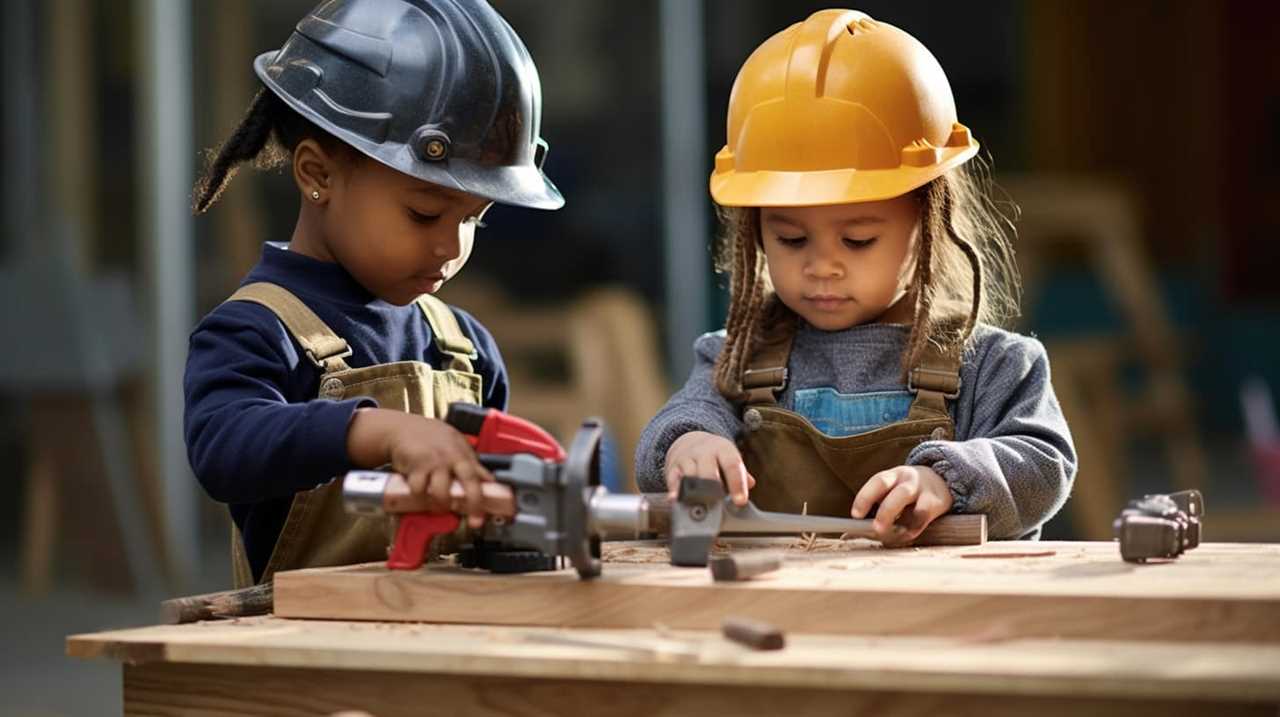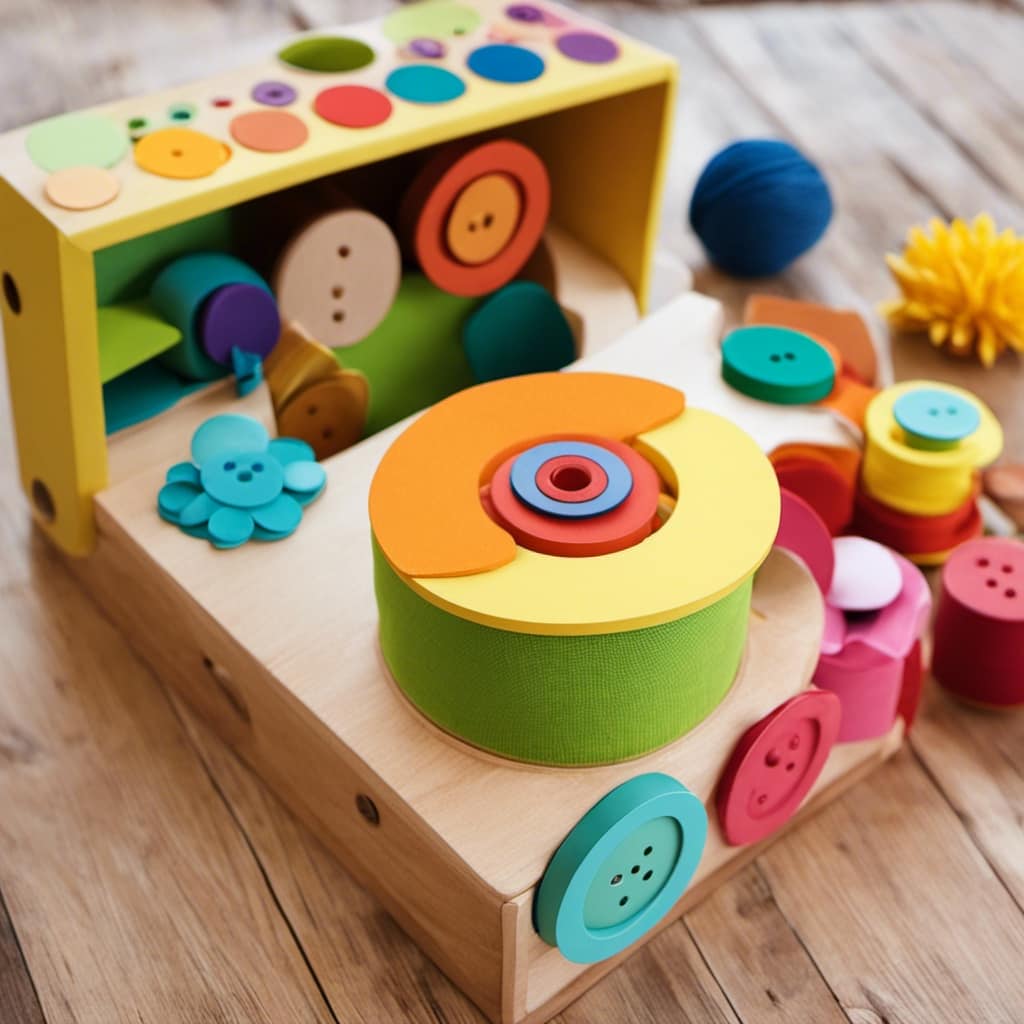As a caregiver, I have seen firsthand the powerful impact we have on shaping a child’s development. Our role goes beyond just meeting their basic physical needs – we also play a crucial role in fostering their emotional, social, intellectual, and physical growth.
By forming secure attachments, modeling behavior, and creating a stimulating environment, we lay the foundation for their overall well-being.
In this article, we will explore the profound impact caregivers have on a child’s development and the strategies we can employ to help them thrive.
Key Takeaways
- Caregivers play a vital role in shaping a child’s emotional development through their quality of attachment.
- Caregivers serve as important role models for behavior and social skills, influencing how children perceive and understand the world.
- Providing a healthy and stimulating environment, including balanced nutrition and engaging activities, supports children’s overall well-being and intellectual growth.
- Caregivers have the power to encourage independence, self-confidence, resilience, and emotional intelligence in children, promoting positive long-term outcomes in academics and relationships.
The Impact of Caregiver-Child Attachment on Emotional Development
As a caregiver, I play a crucial role in shaping a child’s emotional development through the quality of our attachment and the secure base I provide for them to explore and develop trust. The effects of insecure attachment on emotional well-being can be profound.
Children who experience insecure attachment may struggle with emotional regulation, have difficulty forming healthy relationships, and exhibit behavioral problems. To promote healthy emotional development, I prioritize promoting healthy eating habits.
A balanced and nutritious diet is essential for overall well-being, including emotional well-being. By offering nutritious meals and snacks, limiting sugary foods and beverages, and encouraging a positive relationship with food, I can support a child’s emotional development.

Providing a healthy eating environment contributes to their physical and mental health, fostering emotional well-being and resilience.
Role Modeling Behavior and Social Skills
When I model empathy, communication, and problem-solving, I contribute to children’s development of social skills. By demonstrating these behaviors, I provide a blueprint for them to follow in their own interactions with others.
Here are five ways in which modeling empathy and communication skills can help in developing problem-solving abilities:
-
Encourages collaboration: When children see me actively listening and considering others’ perspectives, they learn the importance of working together to solve problems.
-
Builds emotional intelligence: By expressing empathy and understanding, I teach children how to recognize and manage their own emotions, as well as how to empathize with others.
-
Enhances communication skills: Through effective communication, I show children how to express their thoughts and feelings clearly, helping them navigate social situations more effectively.

-
Promotes critical thinking: By encouraging children to think through problems and come up with solutions, I empower them to develop their problem-solving abilities.
-
Cultivates positive relationships: Modeling empathy and communication skills creates a positive and respectful environment, fostering healthy relationships and social connections.
Creating a Healthy and Stimulating Environment
By promoting healthy eating habits and engaging children in outdoor activities, I shape their overall well-being and support their cognitive and social growth. Outdoor activities provide children with opportunities to explore, play, and learn in the natural environment. It enhances their cognitive skills by stimulating their curiosity and problem-solving abilities. Additionally, outdoor activities promote social growth by encouraging children to interact with their peers, develop teamwork skills, and build friendships. Healthy eating habits, on the other hand, contribute to their physical well-being and provide the necessary nutrients for their growth and development. A balanced diet helps prevent childhood obesity and reduces the risk of chronic diseases. By incorporating both outdoor activities and healthy eating habits into children’s daily routines, I am helping them establish a solid foundation for their overall health and development.
| Outdoor Activities | Healthy Eating Habits |
|---|---|
| – Exploring nature | – Balanced diet |
| – Playing sports | – Nutritious meals |
| – Nature walks | – Limiting sugary snacks and beverages |
| – Teamwork and socialization | – Teaching portion control |
| – Physical exercise | – Encouraging fruit and vegetable consumption |
Encouraging Independence, Self-Confidence, and Resilience
To foster independence, self-confidence, and resilience in children, I encourage them to engage in age-appropriate tasks and responsibilities. By giving them the freedom to make choices and decisions, I promote their self-reliance and confidence in their abilities.
Additionally, providing praise and positive reinforcement helps build their self-esteem. Teaching important life skills and nurturing emotional coping skills in a supportive environment further contributes to their resilience.
Finally, promoting empathy and compassion helps children understand and connect with others’ emotions, enhancing their social skills and emotional well-being.

Overall, fostering resilience and promoting self-reliance in children creates a strong foundation for their long-term development and success in academics and relationships.
Nurturing Emotional Intelligence and Coping Skills
I foster emotional intelligence and coping skills in children by providing a safe and supportive environment where they can learn to manage stress, regulate emotions, and develop healthy coping strategies.
Through play, I promote emotional well-being and help children develop empathy and compassion. Play allows children to explore their emotions, express themselves, and practice problem-solving skills. By engaging in imaginative play, they can step into different roles and perspectives, enhancing their understanding of others’ emotions.
Play also provides a healthy outlet for emotions, allowing children to release and regulate their feelings in a safe and constructive way.
Additionally, I facilitate activities that encourage cooperation, sharing, and turn-taking, promoting social-emotional development. By creating a nurturing and playful environment, I empower children to develop the skills they need to navigate their emotions and build strong relationships.
Shaping Positive Long-Term Outcomes in Academics and Relationships
Engaging in age-appropriate educational activities fosters positive long-term outcomes in academics and relationships. When caregivers provide opportunities for children to participate in such activities, they are building strong foundations for their future success. Here are five ways in which these activities can have a significant impact:
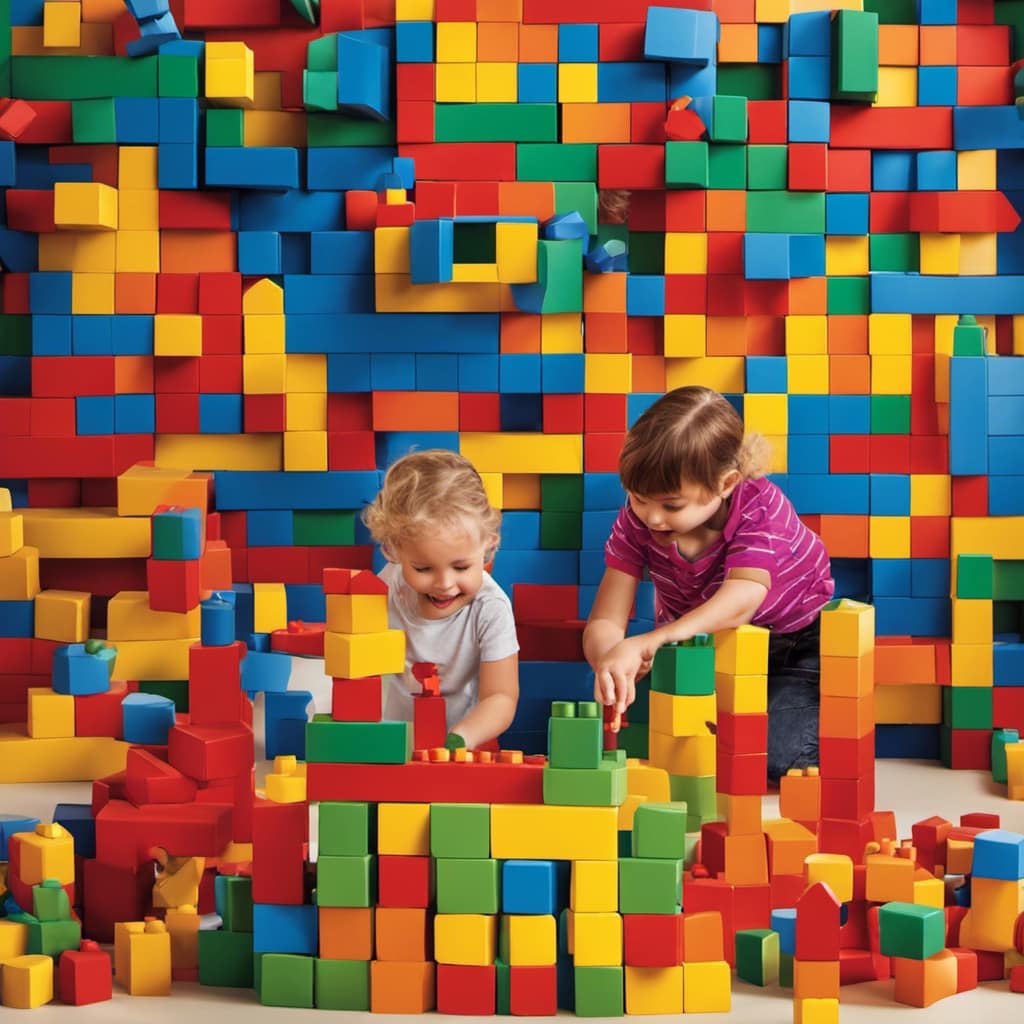
-
Enhanced cognitive development: Educational activities stimulate children’s curiosity, critical thinking, and problem-solving skills.
-
Improved academic performance: Engaging in educational activities from a young age promotes a love for learning, leading to improved academic achievement.
-
Strengthened social skills: Participating in group activities fosters teamwork, communication, and cooperation, essential for building healthy relationships.
-
Increased self-confidence: Success in educational activities boosts children’s self-esteem and belief in their abilities.
-
Long-lasting positive relationships: Engaging in educational activities together creates shared experiences and strengthens the bond between caregivers and children, fostering healthy relationships.
The Role of Caregivers in Providing a Safe and Supportive Environment
Creating a safe and supportive environment is essential for promoting a child’s emotional well-being and overall growth. As caregivers, we play a crucial role in establishing secure attachments with children. By providing a nurturing and stable environment, we can foster healthy emotional development.
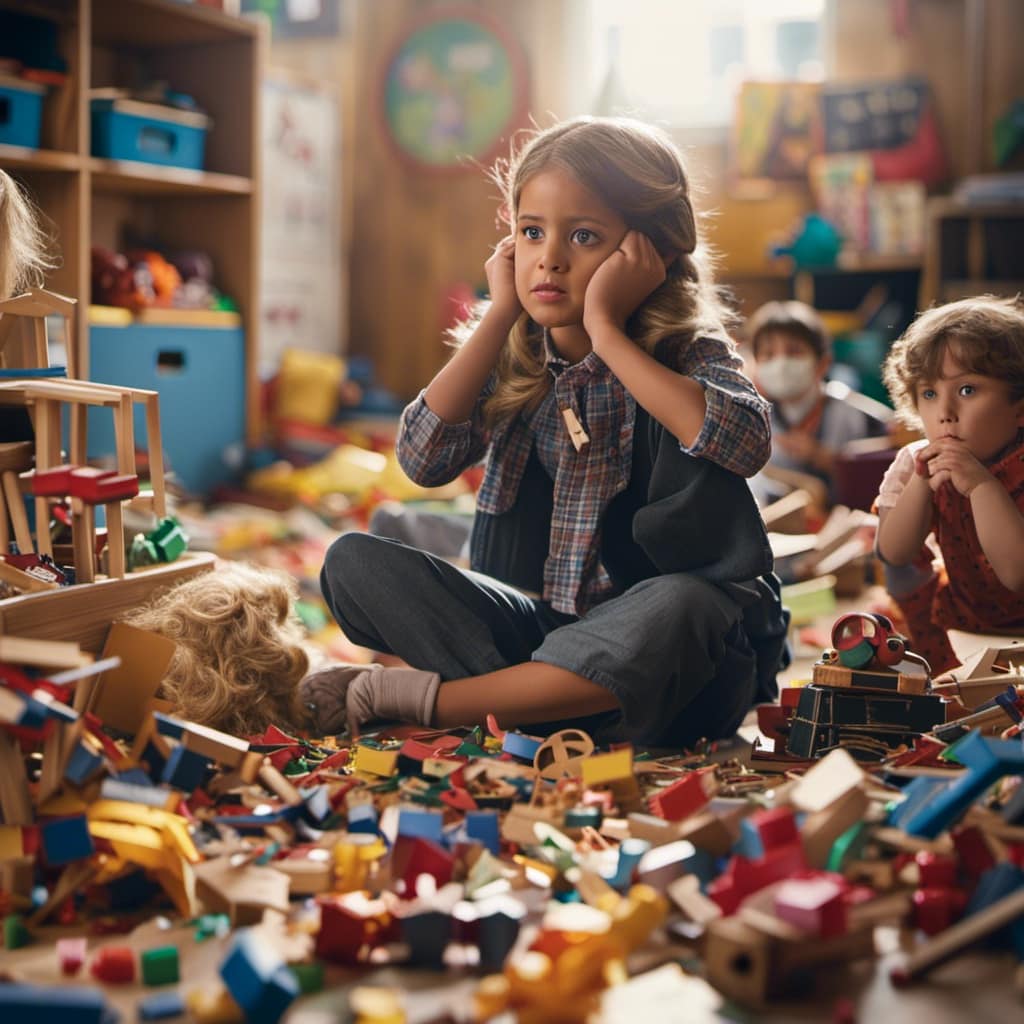
Responsive caregiving and predictable routines help create a sense of security and trust. Modeling positive behavior and social skills also contribute to a child’s emotional well-being. Children learn by observing and imitating those around them, so it’s important for us to demonstrate empathy, communication, and problem-solving.
Additionally, providing a healthy and stimulating environment is key. This includes promoting a balanced diet, engaging in outdoor activities, and providing opportunities for exploration and active learning.
The Influence of Caregivers on Cognitive and Social Development
Observing and imitating positive behavior and social skills helps children develop cognitive and social abilities. Caregivers have a significant influence on a child’s cognitive development and socialization skills. Here are five ways caregivers impact children’s development:
- Caregivers serve as role models, demonstrating empathy, communication, and problem-solving skills.
- Positive role models contribute to the development of children’s social skills.
- Caregivers’ behavior shapes how children perceive and understand the world.
- Caregivers provide a healthy and stimulating environment, promoting intellectual growth and emotional well-being.
- Caregivers encourage independence, self-confidence, and resilience, nurturing important life skills.
Research shows that caregivers play a crucial role in shaping a child’s cognitive and social development. By modeling positive behavior, providing a nurturing environment, and fostering independence, caregivers significantly impact a child’s overall growth and well-being.
Frequently Asked Questions
How Can Caregivers Help Children Develop Emotional Intelligence and Coping Skills?
Caregivers play a vital role in developing children’s emotional intelligence and coping skills. By promoting empathy and emotional regulation, and by influencing their social skills and problem-solving abilities, caregivers shape children’s abilities to navigate and thrive in the world.
What Strategies Can Caregivers Use to Create a Healthy and Stimulating Environment for Children?
To create a healthy and stimulating environment for children, I can promote cognitive development through hands-on activities and conversations. I can also foster social skills and empathy by modeling positive behavior and providing opportunities for interaction with others.
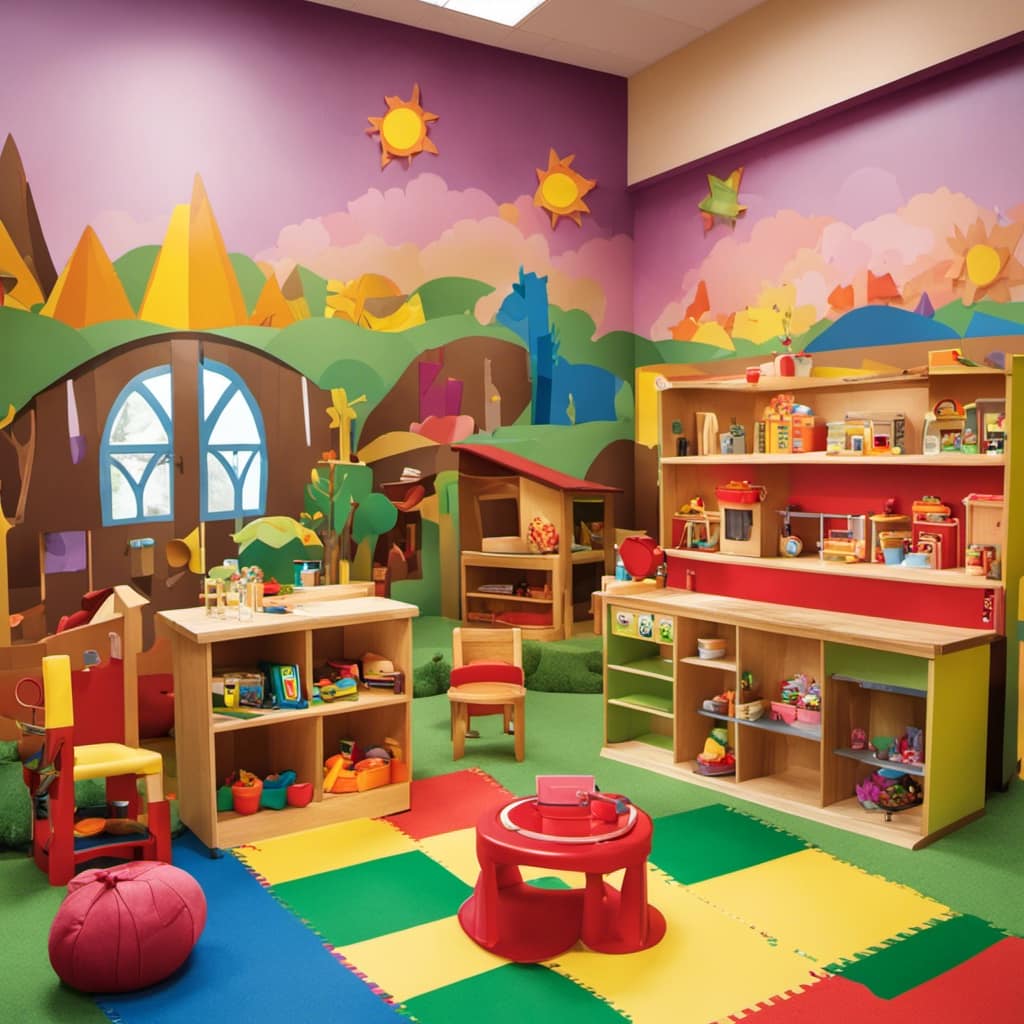
How Does Caregiver-Child Attachment Impact a Child’s Long-Term Academic and Relationship Outcomes?
Caregiver-child attachment impacts a child’s long-term academic success and relationship outcomes. A secure attachment promotes healthy development, while insecure attachment can have detrimental effects. Caregivers play a crucial role in shaping these outcomes.
What Role Do Caregivers Play in Shaping a Child’s Independence, Self-Confidence, and Resilience?
Caregivers play a vital role in shaping a child’s independence, self-confidence, and resilience. By fostering a strong caregiver-child bond and providing a nurturing environment, caregivers help children develop the necessary skills for personal growth and emotional well-being.
How Can Caregivers Provide a Safe and Supportive Environment for Children’s Development?
To provide a safe and supportive environment for children’s development, caregivers can promote positive communication, encourage exploration and creativity. By fostering open and respectful communication, and allowing space for discovery and imagination, children can thrive and grow.
Conclusion
In conclusion, caregivers play a pivotal role in a child’s development, shaping their emotional, social, cognitive, and physical growth.
Just like the roots of a tree provide stability and nourishment, caregivers provide a secure base for children to explore and develop trust. Their responsive caregiving creates a strong foundation for healthy emotional development.
By modeling behavior and social skills, caregivers influence a child’s perception of the world. Furthermore, caregivers create a stimulating environment that promotes exploration and active learning. Through their guidance, caregivers encourage independence, self-confidence, and resilience in children.

Ultimately, caregivers have the power to shape positive long-term outcomes in academics and relationships. Their role in providing a safe and supportive environment cannot be overstated. With their love and care, caregivers nurture emotional intelligence and coping skills in children.
It is through the dedication and commitment of caregivers that children can truly thrive and contribute to their overall well-being.

